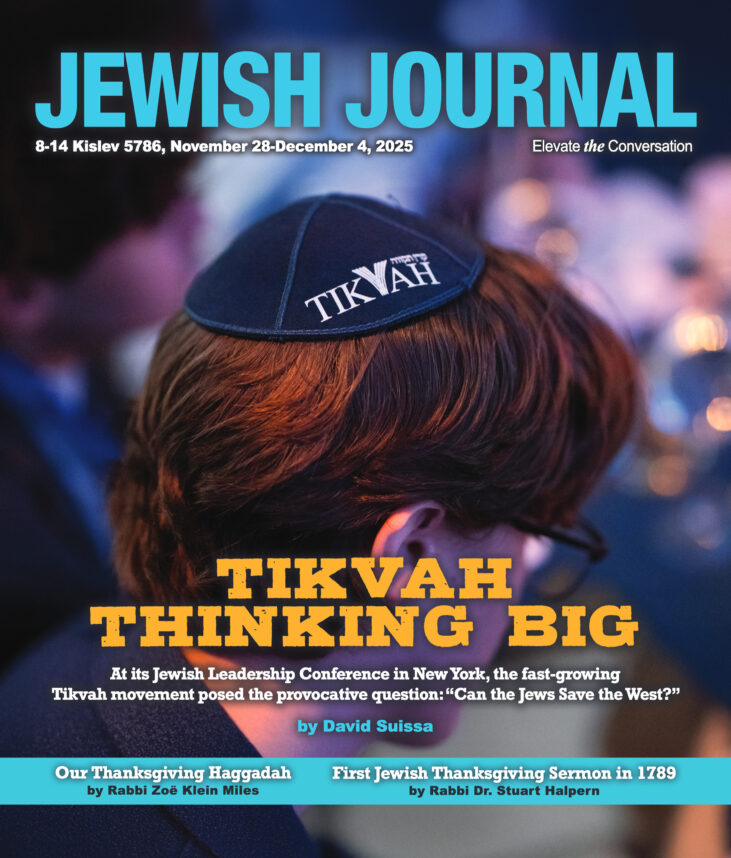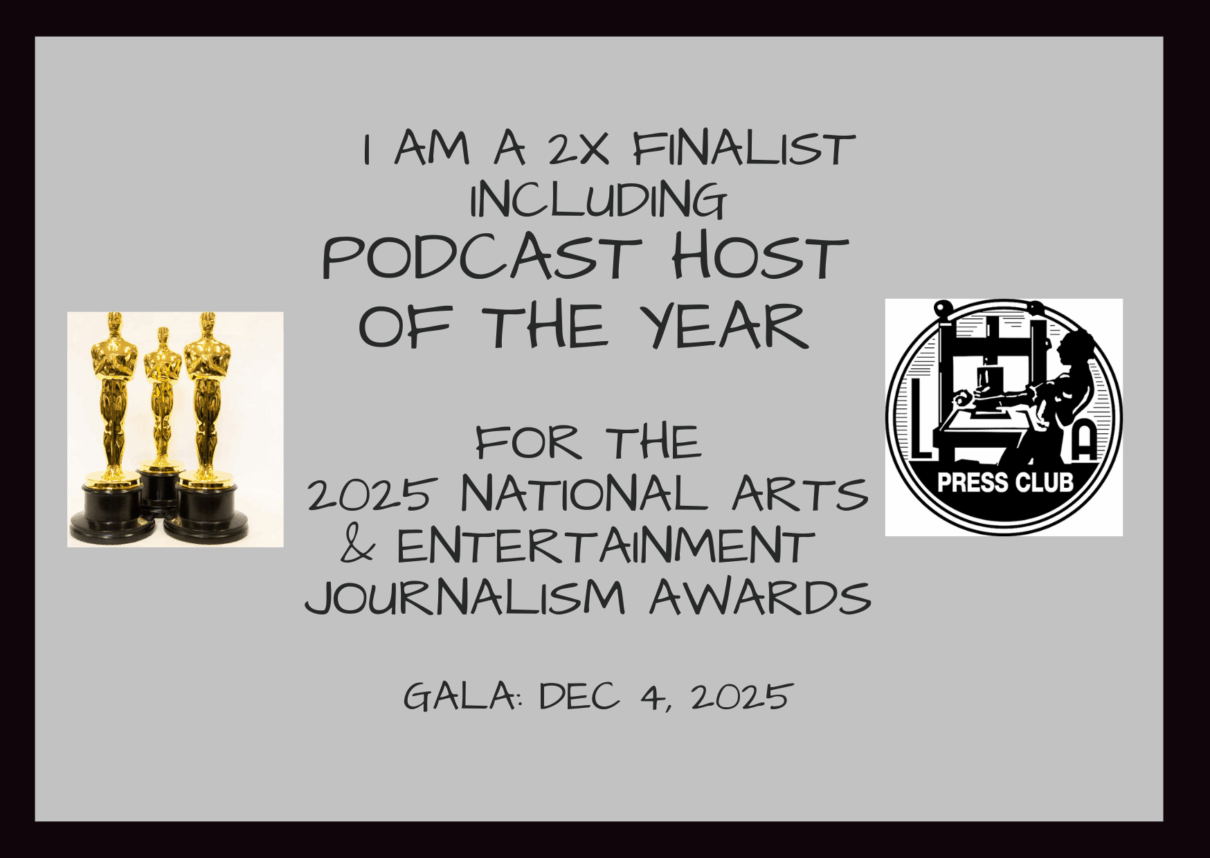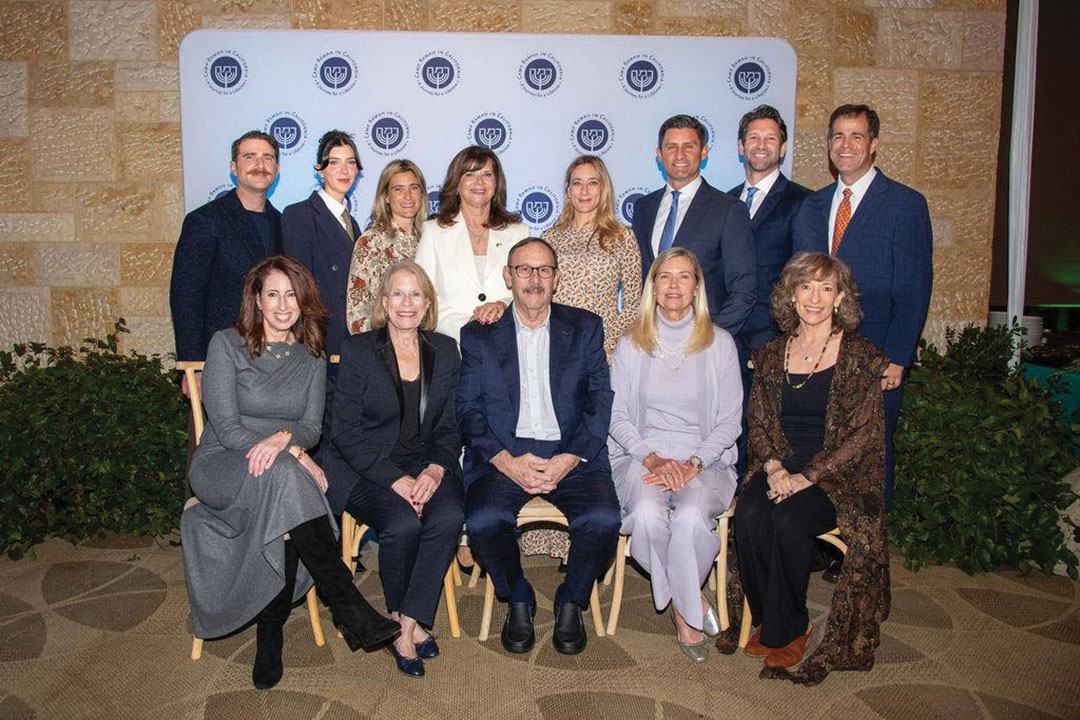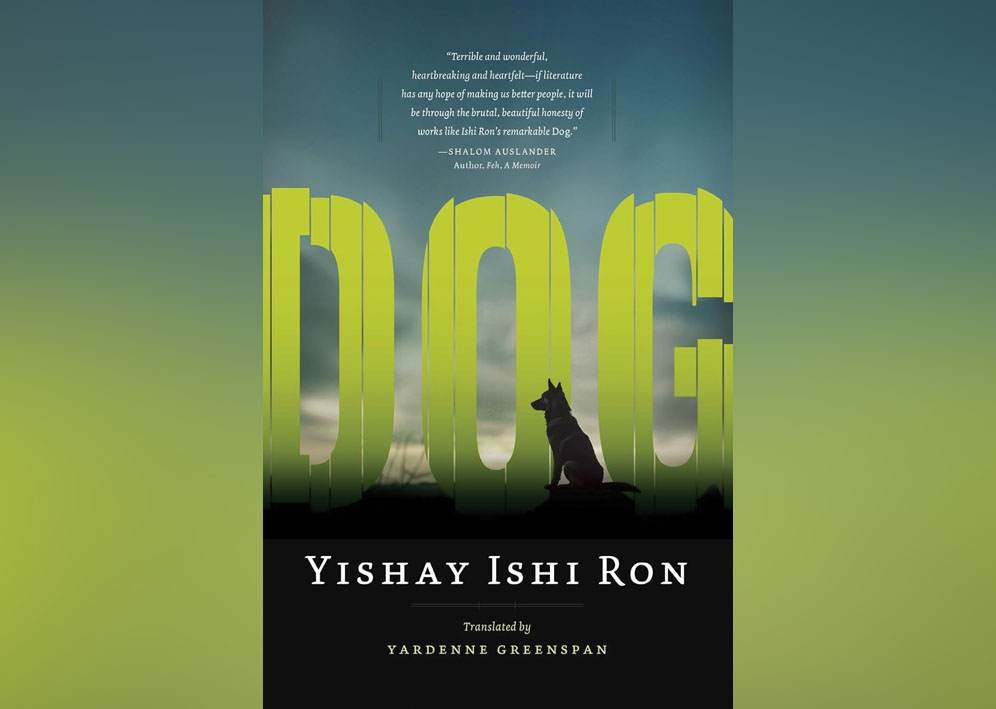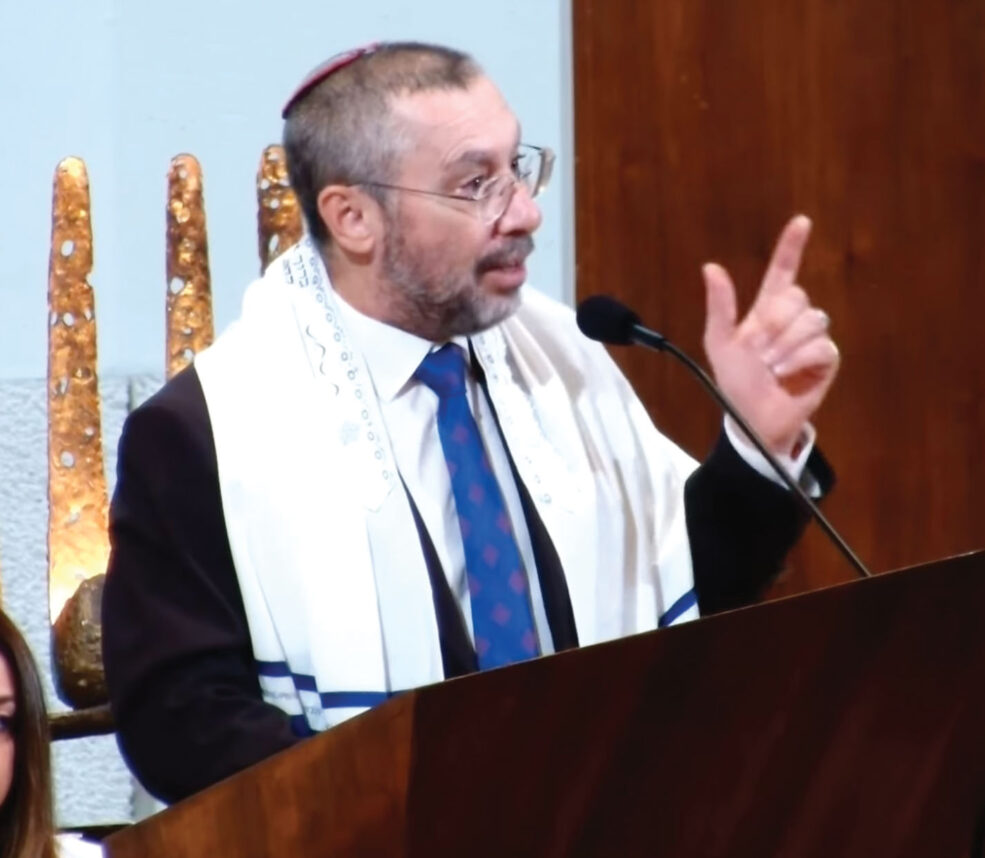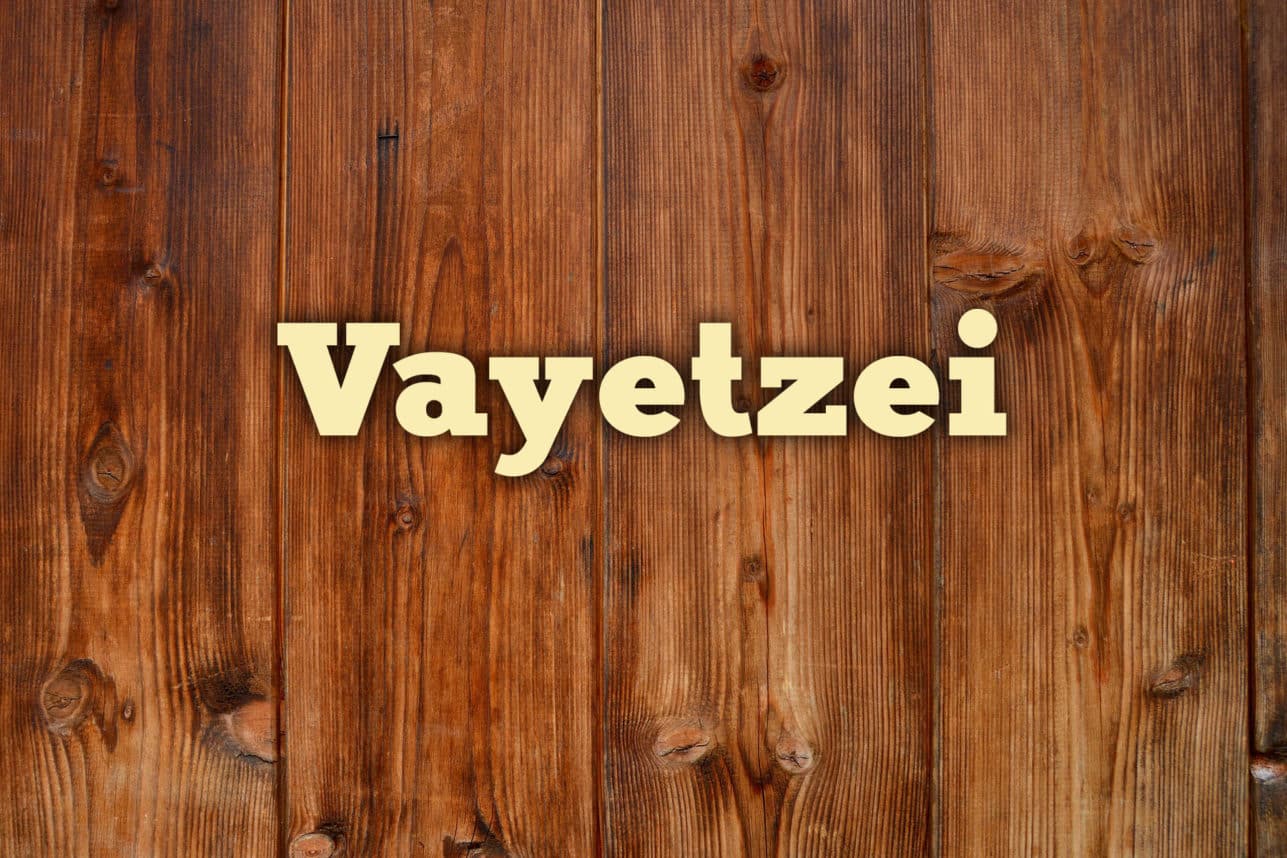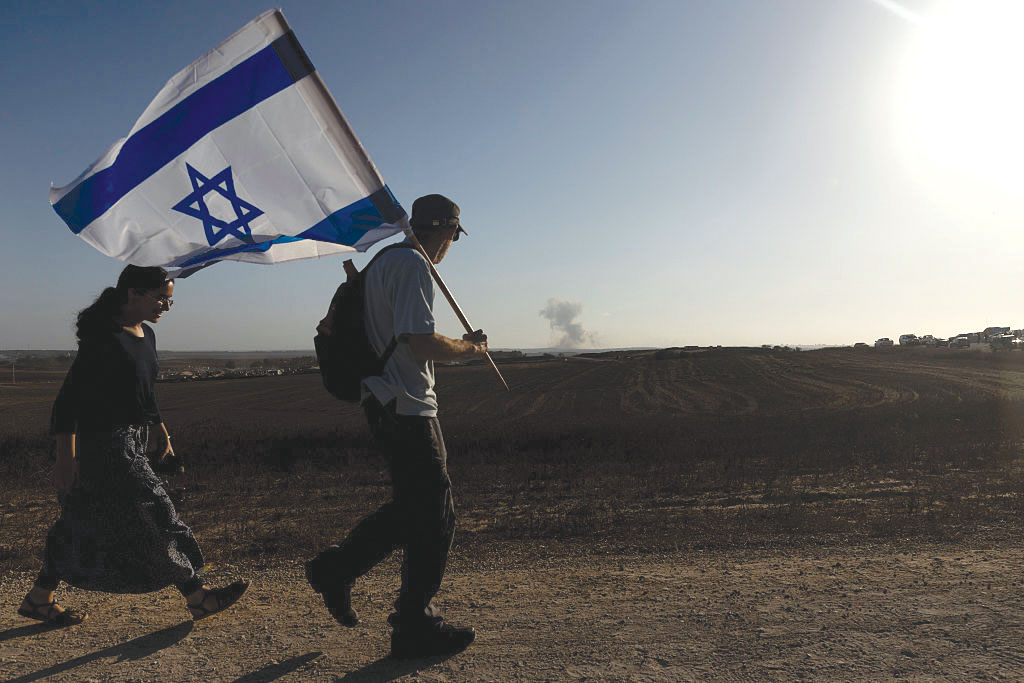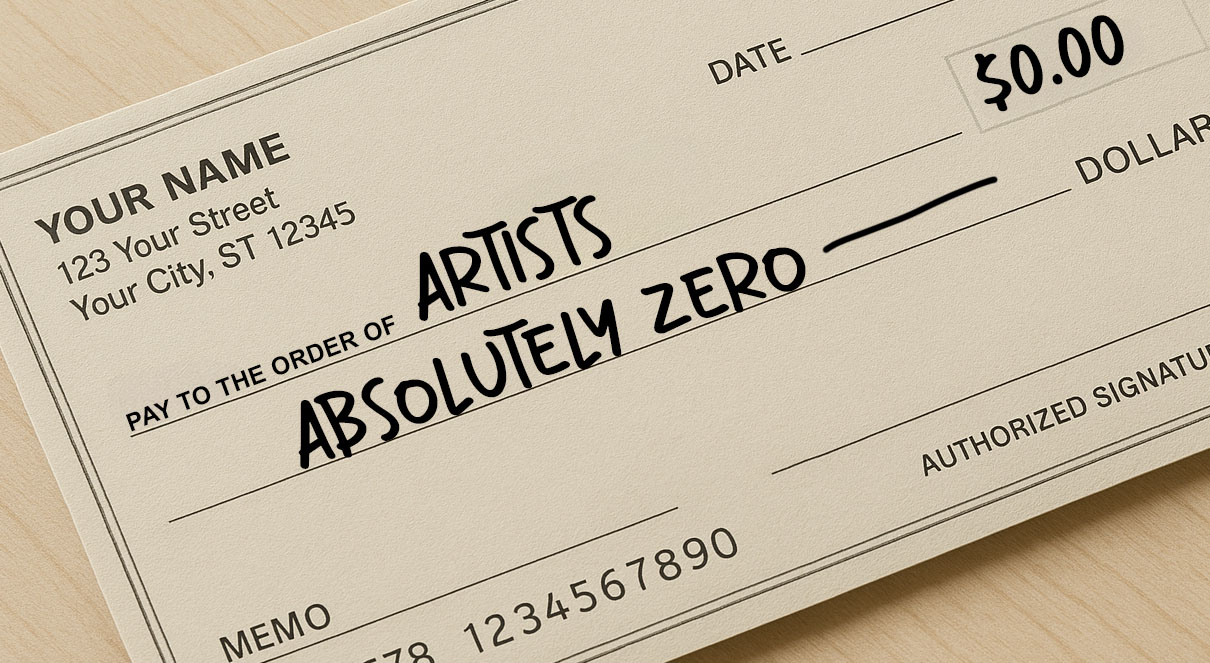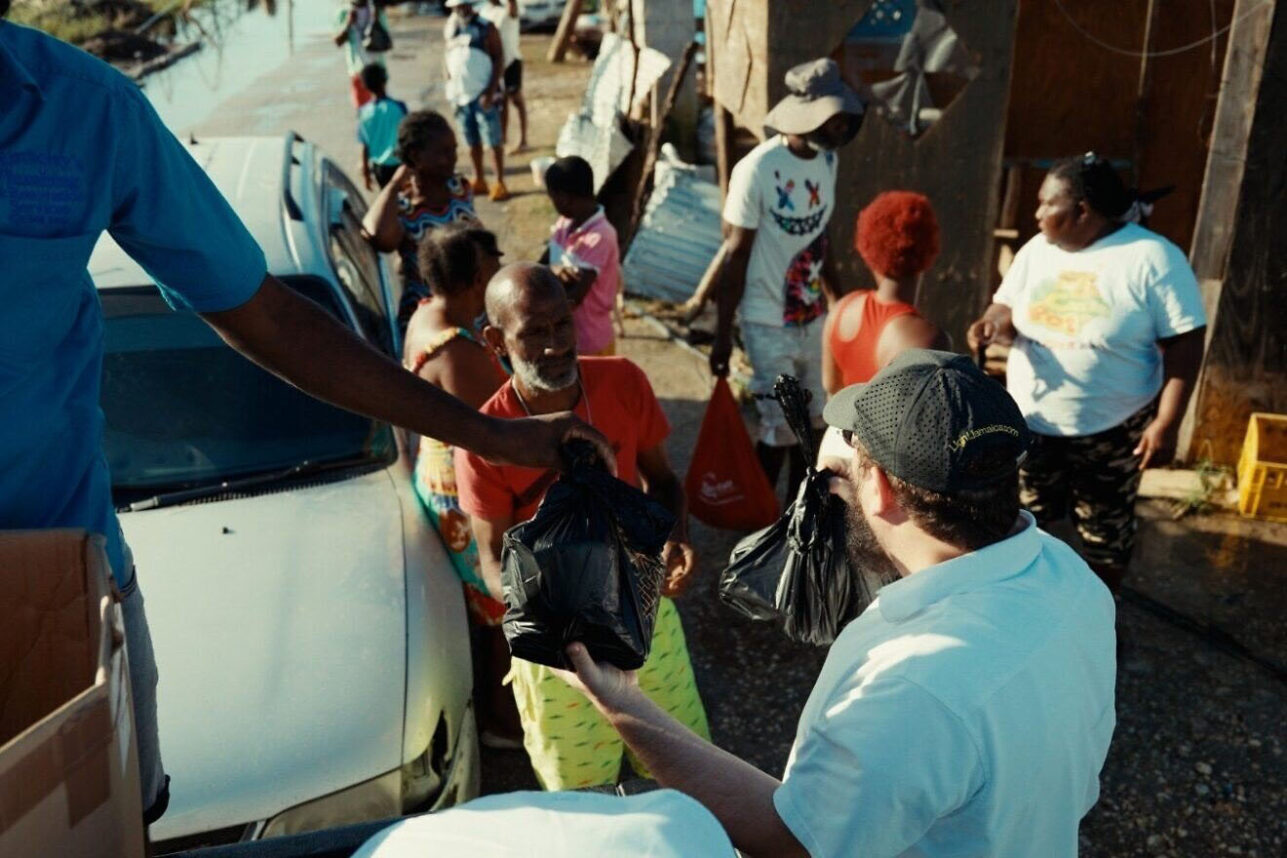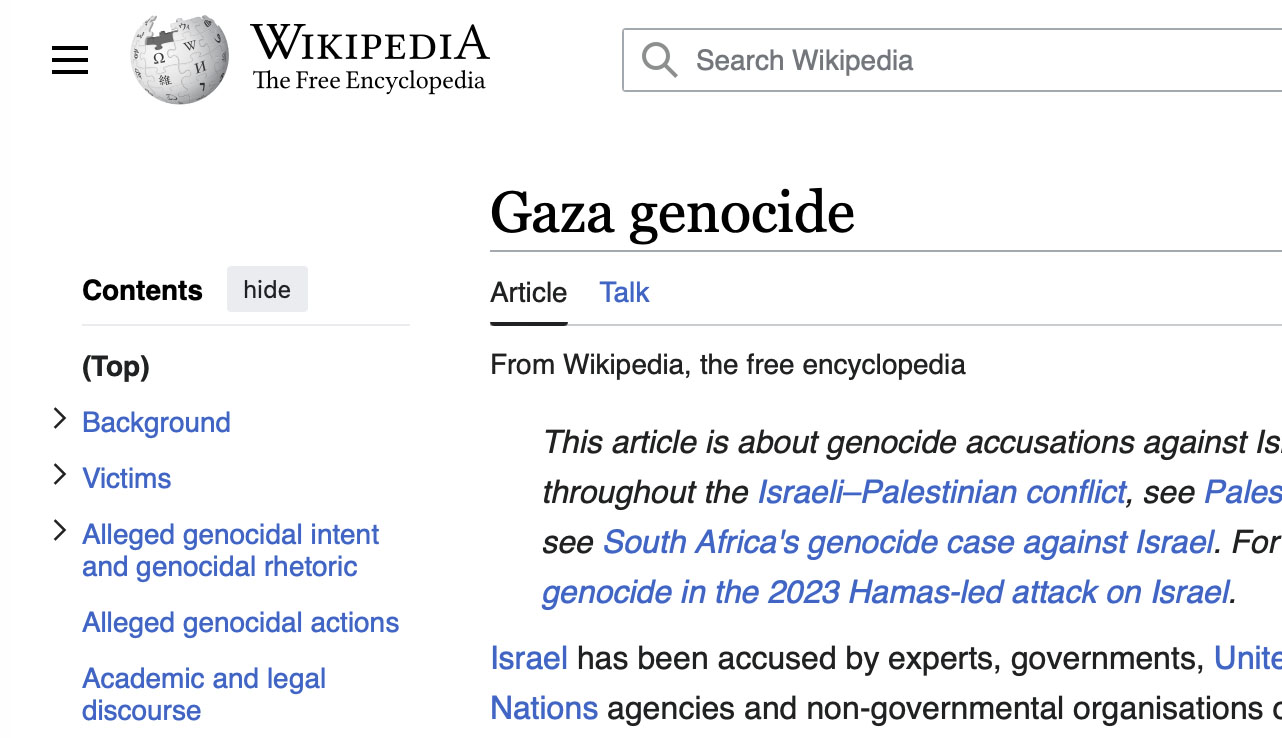
Wikipedia editors have officially renamed an article that was titled “Allegations of genocide in the 2023 Israeli attack on Gaza” to “Gaza genocide” following a discussion that lasted for a couple months.
The discussion, known in wiki-parlance as a “Requested move” (RM), started on May 3, when it was suggested that “Allegations of genocide in the 2023 Israeli attack on Gaza” was no longer a sufficient description since Israel’s war against Hamas in the Gaza Strip has continued well into 2024. Three options were proposed: 1) “Gaza genocide question,” 2) “Gaza genocide accusation,” and 3) “Gaza genocide.” The discussion centered around whether or not “Gaza genocide” is the most common term used in reliable sources and if it should follow other similarly titled Wikipedia articles; editors sparred over whether or not there is a scholarly consensus that Israel’s actions in Gaza are tantamount to genocide. A comprehensive source survey was conducted to determine where various scholars and experts stand on the matter, which can be found on the top of the article’s talk page where it states “scholarly and expert opinions (to be extended),” though other sources have been added to the list following the RM discussion.
Editors in favor of the “Gaza genocide” title argued that the sources show there is a scholarly consensus on the matter, as their arguments included citations to articles in the Journal of Genocide Research, a Holocaust historian claiming there is consensus among genocide scholars and an international human rights professor claiming there’s consensus in the human rights legal community worldwide as well as “many other legal and political experts, including many Holocaust scholars.” A Brookings Institute poll concluding that “a third of [Middle East] scholars see Israel’s military actions in Gaza as ‘genocide’” and 41% view that Israel’s actions as being “major war crimes akin to genocide” was also cited. Editors in favor of the “Gaza genocide” title also contended that there are plenty of examples of Wikipedia articles like “Extraterrestrial life” where the article does not state that the title itself is true, and that regardless of if there’s academic consensus, “Gaza genocide” should be the title since it’s the most common term used in reliable sources. They further argued it would be consistent with articles like “Tamil genocide” (referencing Sri Lanka’s Tamil population) and “Transgender genocide” that are “much less academically certain” than “Gaza genocide.” Editors against the title opined that other “questionably titled articles” are “appropriately qualified in the lead” or should be renamed altogether and that there’s enough sources documenting pushback to the allegation that Israel is committing genocide in Gaza that titling it as such would violate Wikipedia’s policy barring non-neutral titles (WP:POVTITLE). Further, editors against the “Gaza genocide” title argued that the other two options would be better reflect the article’s scope as a matter of debate. The article begins by stating that Israel faces allegations of genocide against the Palestinians in Gaza.
In this RM, editors put in their “!votes” where they argue which title best reflects site policy, and a closer (an uninvolved Wikipedian in good standing) rendered a verdict based on the numbers and strength of the arguments presented. The closer here was Joe Roe, who according to his user page is a computational archaeologist at the University of Bern; he concluded that there was “rough consensus” for the “Gaza genocide” title.
“The rough headcount in favor of each option was 23 for Option 1, 26 for Option 2, and 32 for Option 3. Few editors in favor of Option 1 were strongly opposed to Option 2 and vice-versa; amongst those that indicated support for both, the preference was generally for Option 2. A fair number of comments in favor of Options 1 and 2, but generally not Option 3, were not policy-based (i.e. along the lines of ‘there is no Gaza genocide’) and the headcounts for those options should be down-weighted accordingly,” Roe wrote. “The main argument in favor of Option 3 was that ‘Gaza genocide’ is reflective of the wording used by available reliable sources, and several editors presented detailed source analyses in support of this. This argument was contested but not convincingly rebutted. The main argument in favor of Options 1 and 2 were that the unqualified use of the word ‘genocide’ in an article title, when the existence of a genocide is disputed, would violate Wikipedia’s neutral point of view (NPOV) policy, and specifically the principle that titles should be nonjudgmentally descriptive. Editors in favor of Option 3 countered that the source analysis supported ‘genocide’ as a neutral descriptor (and conversely that ‘accusation’ is non-neutral), and/or that the presence of a statement in an article title does not imply that the statement is factual. Considering that Option 3 had the most support by a clear margin, that the arguments in favor of this title generally had a stronger grounding in reliable sources, and that neither side achieved a consensus on the question of which title is favored by WP:POVTITLE, I see a rough consensus that the title of this article should be Gaza genocide.”
Roe elaborated further on the close on his talk page in response to an editor questioning the close explaining that the numbers were around 31-27 in favor of the “Gaza genocide” title over the other two options, as some editors had picked more than one option for the title and stood “by my assessment that the vast majority of arguments in favor of Option 3 were policy-based, whilst a significant minority of arguments against it were not” when challenged on the 31-27 !vote being too thin of a majority. Roe subsequently explained in response to a different editor’s query about his statement in the close about “the presence of a statement in an article title does not imply that the statement is factual” that “several examples were given in the discussion itself: ‘extraterrestrial life,’ homeopathy,’ ‘anti-gravity,’ ‘Epstein didn’t kill himself.’ Editors also noted that there are several articles on genocides (‘Tamil genocide,’ ‘Black genocide in the United States,’ ‘transgender genocide,’ ‘Armenian genocide’) that follow the same pattern, where the designation of genocide is also contested” and that “broadly speaking, those supporting Option 3 considered the title a mention of the phrase ‘Gaza genocide,’ whilst those against considered it a use.”
A challenge was launched against the close on July 22; as of publication time, the challenge remains ongoing.
Editors told me they believe there are enough academics disputing the Israeli genocide claim that the article title should not have been changed to “Gaza genocide.” One editor who made thousands of edits over a decade but no longer edits because of disillusionment with the project said the fact that there are “plenty of academics saying it isn’t [genocide] shows there’s no [academic] consensus, as does reliable sources specifically and deliberately showing both views.” The editor contended that “whoever has the numbers decides what the scholarly consensus is” and that establishing the majority view among scholars “is also somewhat of a numbers game as whoever has more people looking is likely to find more sources supporting their side. There are thousands of academics in many fields.” The editor argued that “allegations” or “claims” should be in the title to better reflect the disagreement among experts in reliable sources. Another editor noted that Wikipedia’s Manual of Style (MOS) states that words like “‘alleged and accused are appropriate when wrongdoing is asserted but undetermined’ — and indeed, there seem to be enough sources that are reliable that refer to it as a genocide at the present time even though that is quite disputed.” This editor believes that a better title would be “Gaza genocide accusation”––following the same format as the “Palestinian genocide accusation” article ––and that the “consistency” argument put forth by proponents of the “Gaza genocide” title is a goal, not a rule, and it’s “the last and least important goal.”
A different editor contrasted the article with the “Climate crisis” article, which they told me has “some sources that specifically talk about the use of ‘climate crisis’ vs ‘climate change’ because it has a more motivating impact on readers” and is not “villainizing any particular group.” But with the “Gaza genocide” article, “the name is very much not neutral and its acceptance clearly casts Israel as some sort of collective war criminal… I don’t think we can use the term just because *some* scholars use it… It’s the sort of thing I would expect a good, wise editor at a real publication to reject. Conversely, it’s the sort of 51% voted for it thing that seems to happen a lot at Wikipedia.” In response to what I have heard from a couple of editor sources that writing “this is a word that refers to a thing” goes against Wikipedia’s MOS, this editor maintained that the sources in the “Climate crisis” article fits Wikipedia’s policy on when a word can be an article subject.
By contrast, an editor with experience in moderating Israeli-Palestinian conflict topics told me that while “it’s certainly a valid argument that some reliable sources disagree … I’m not convinced it’s dispositive,” though they do feel “very middling about the actual merits of the conclusion” and “I don’t think Wikipedia got any better by moving this article”; they believe that ideally the article would have a title akin to “The Israel-Hamas war and genocide” since no one disputes that those two concepts exist and the article would discuss how the two interact.
“The problem is that, yeah, you have a minority of academics or minority of experts who disagree that something is a thing, you’re still usually allowed to have the article as that title,” the editor said, as they argued that it’s not required to show that a supermajority of scholars agree on something to establish scholarly consensus. “A key issue is that Wikipedia article titles are not always neutral, and not always assertions that the thing in question exists. We have, for instance, articles on ‘Great Replacement,’ ‘Transgender genocide,’ and ‘Birds Aren’t Real,’ but none of those articles say that their titles are true,” though the editor acknowledged that “we aren’t consistent with article titles.”
Still, they believe that “anything above 50% you can’t throw out as it must have been wrong” regarding the !vote count in the RM. “Based on the numbers and that down-weighting, a close for Option 3 likewise seems reasonable. Most debates like this come down to what term is most used in reliable sources, and the Option 3 camp made a good showing in that regard.”
An editor who authors “The Wikipedia Flood” blog called the decision to change the title to “Gaza genocide” as being “disgusting and typical … There are anti-Israel editors who have an agenda,” they told me. “They then find sources that fit the agenda. This is easy, because there is an entire body of sourcing that is considered ‘reliable’ whose entire purpose is to delegitimize Israel … POVTITLE should prevent this kind of thing from happening but enforcing that rule means you don’t go before an impartial jury or a judge as in real life, but rather a mob of anonymous editors who are dominated by anti-Israel operatives.”
A Double Standard?
Interestingly, there is a Wikipedia article titled “Allegations of genocide in the 2023 Hamas-led attack on Israel” and there was a brief discussion on if it should be renamed to “Genocide in the 2023-led Hamas attack on Israel” that appears to have stalled out. An editor told me that it’s “hilariously biased” for this article to be using “alleged” in the title but not in the “Gaza genocide” article. “A double standard doesn’t begin to describe it,” the editor said. “Someone should remove the ‘alleged’ from the Hamas article and refer to this admin’s close and talk page. Let’s see how that works out.” A different editor told me that “the pro-Hamas editors often use a double standard … But consistency is not mandated on Wikipedia, so different topics may have different treatments depending on their individual circumstances. But if enough editors cared and were allowed to pursue it, I think that maybe the other ‘allegations’ title would also be moved, though I do not know what it should be moved to.” The editor who has experience moderating Israel-Palestine discussions, on the other hand, contended that it may not necessarily be a double-standard if the academic sources don’t refer to the Oct. 7 massacre as a genocide but do refer to Israel’s actions in Gaza as such.
Article Content
Some editors I spoke with criticized the content of “Gaza genocide” article, with one calling it “a doozy” for using “Hamas numbers in the encyclopedia’s neutral voice” and that there’s only a brief mention at the end of the three-paragraph lead that Israel disputes the International Court of Justice’s (ICJ) initial ruling (and views it as antisemitic) rather than mentioning that Israel disputes the allegations of genocide in Gaza as a whole and that “Israel has made various legal and moral objections to the ICJ.” One editor concurred “that the Gaza Health Ministry numbers should be considered unreliable at this point or at least attributed and contextualized” and that the brief mention of Israel’s view in the lead is “a little perfunctory.”
“The way this is framed is totally backwards,” the editor added, contending that the first sentence of the lead––which states that “Israel has been accused by experts, governments, United Nations agencies and non-governmental organizations of carrying out a genocide against the Palestinian population during its invasion and bombing of the Gaza Strip during the ongoing Israel–Hamas war”––should specifically name some of those who are accusing Israel of genocide. It should then mention Israeli Prime Minister Benjamin Netanyahu’s defense against the allegations as well as countries and government officials who defend Israel on the matter, the editor said. The lead mentions United Nations Special Rapporteur Francesca Albanese as one of the “various observers” who “have cited statements by senior Israeli officials that may indicate an ‘intent to destroy’ Gaza’s population”; it doesn’t mention Albanese’s various controversies, including that she’s being investigated for allegedly taking trips funded by pro-Hamas groups. “If you’re going to name her, it’s a little weird to do it this way,” the editor said.
The editor pointed out that the “Gaza genocide” article is littered with a handful of citations to the Turkish-state run media outlet Anadolu Agency, which is considered generally unreliable on Wikipedia for controversial topics and international politics, as well as a citation to The Canary, a leftist news site that is considered generally unreliable on Wikipedia. There are also multiple citations to the London-based Middle East Monitor (MEMO) watchdog; HonestReporting’s Chaim Lax listed MEMO in June 2023 as one of the five worst anti-Israel alternative news sources. The Community Security Trust, a UK-based antisemitism watchdog, has previously “accused MEMO of peddling conspiracy theories and myths about Jews, Zionists, money and power,” the Jewish News reported in 2015.
“The Wikipedia Flood” editor argued that editors have “stacked the deck” by axing various pro-Israel sources while allowing anti-Israel sources like Al Jazeera, The Guardian and the U.N. “Naturally you are going to have an article on ‘Gaza genocide,’” the editor told me. “Wikipedia reflects and it magnifies the bias in world media due to the efforts of a small but influential cadre of anti-Israel editors and their helpers and stooges.” They called on more people on the pro-Israel side to edit Wikipedia, which they elaborated on further in a July 17 blog post.
The “Palestinization of the Academy”
Middle East scholar Asaf Romirowsky, who heads Scholars for Peace in the Middle East and Association for the Study of the Middle East and North Africa, told me that the large number of academics referring to Israel’s actions in Gaza as a genocide is indicative of the “Palestinization of the academy” and Wikipedia is “echoing that narrative … Let me be blunt:,” he said. “If you’re adopting the word ‘genocide,’ you’re denying facts … the term itself is a loaded term to create the kind of emotional propaganda-ish narrative that they’re looking to achieve.”. He added that those perpetuating the genocide narrative are relying on biased sources like Palestinian media, the Hamas-run Gaza Ministry of Health, Amnesty International, UNRWA (which Romirowsky contends “is Hamas”), and Human Rights Watch. Further, these academics do not consider Hamas’s attack on Israel on Oct. 7 to be genocide, according to Romirowsky. “They deny the reality, they deny the rape, they deny the maiming, every part of the barbery that was instituted by design by Hamas. They give them a pass… they argued that if Israel was a colonial settler state, this is decolonialism and this is justified … nothing here was remotely factual, but they are walking around to this very day supporting the fact that this is as a result of the occupation and Israel’s much worse and this is all justified.”
The reason for the “Palestinization of the academy” is that it’s centered on the narrative that “Palestinians are the quintessential victim of every issue in the world, and the quintessential victim of anyone who is discriminated against, ergo anybody who supports that narrative or supports the narrative of DEI [Diversity, Equity, and Inclusion] for example has to support the Palestinian issue,” contended Romirowsky.
“The main problem is that since academia is biased against Israel, and Wikipedia sourcing policies give deference to academia, such opinions find their way into Wikipedia articles and it is hard to counteract,” a veteran editor who has edited almost entirely outside of the Israeli-Palestinian conflict told me. “It is a kind of closed loop of bias and misinformation, much as would have happened if the Nazis had won the war and taken over universities and think tanks. We are at about that point with Hamas and its allies. I think that even if Wikipedia editors wanted to be NPOV (which is a fiction) it would be hard.”
“The greatest problem with Wikipedia is that it is based on academic and journalistic sources, and neither of them are particularly good,” the editor who has experience moderating Israel-Palestine discussions told me, adding that “when people have a problem with bias on Wikipedia, I find that what they almost always really mean is that they have a problem with the bias in the academic sources… What I wish people’s takeaway would be when they see Wikipedia is––in their perspective––wrong about something, is, ‘how can I change the overall discourse? How can I change the sources that Wikipedia is working from?’”
Romirowsky told me that he and his colleagues are that “out there combating these allegations” that Israel is committing genocide against the Palestinians and that it is “not 100% the norm” among academics to echo that anti-Israel narrative. “The unfortunate reality is that there is this kind of echo chamber that has fed into this fallacious terminology, illustrated by everyone of the kind of fanfare on campuses when you see ‘Israel is a genocidal state,’ ‘baby killers’… all of this stuff is detached from reality,” he said. “Anybody who is an honest scholar and anybody who actually looks at the facts, if you have had any shred of decency and believe in honest discourse, would come to a different conclusion.”












